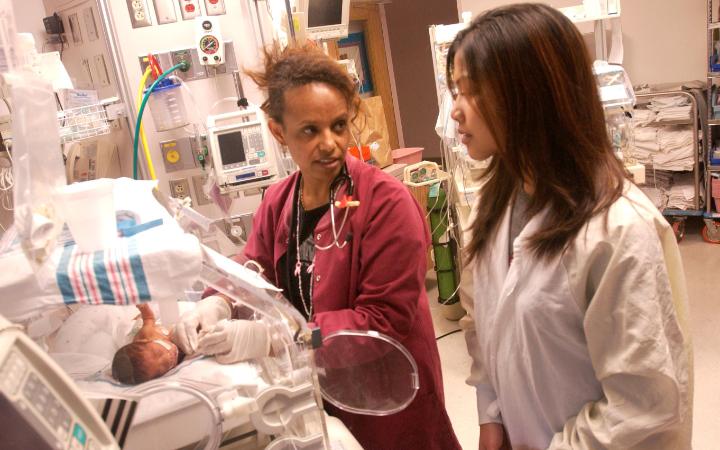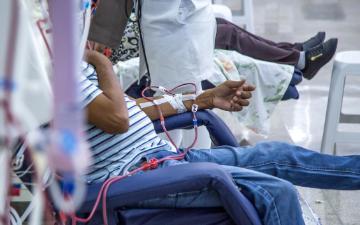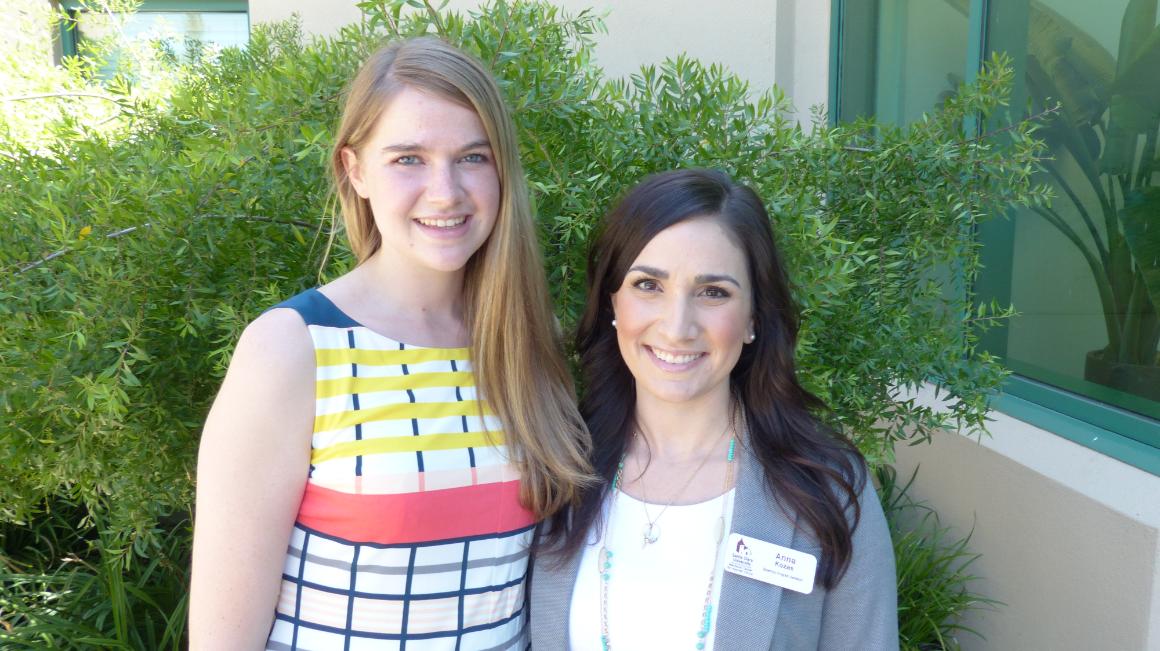The Health Care Ethics Internship is a year-long program that ensures that participants will enter the health care field with a deep foundation in ethical thinking. The program, designed for students interested in health care, health policy, biotechnology, bioengineering, health law, and health care administration, places SCU undergraduates in community-based experiences with various units in local hospitals and other health care facilities, or with ethics departments in pharmaceutical, biotech, and technology companies.
Students meet weekly with their instructor and often welcome guest speakers to reflect on and discuss classic and emerging issues in health care and biotechnology. By interacting with health care professionals – including bioethicists, physicians, nurses, social workers, and administrators – the interns learn about day-to-day ethical challenges. These interactions foster a two-way exchange about ethical issues, benefiting both parties.
For more than 20 years, this dynamic program has provided interns with an in-depth ethical perspective on health and health care, and ensured that they are better prepared to address ethical challenges in their professional lives.

A Health Care Ethics Intern observes the work of a nurse in the Neonatal Intensive Care Unit.
Learn more about the Health Care Ethics Internship, and requirements to apply to the 2025-26 cohort. Applications are open now and due by April 4, 2025.
As former intern Chris Hong described it, "Since beginning my internship ..., I have had the opportunity to work with doctors, nurses, social workers, and chaplains in various departments, with the intention to observe ethically questionable situations. The health care workers always candidly explained the cases they were working on, painting a clear and honest picture of ethical issues when they arose."
A major component of the program is participation in weekly reflection sessions at Santa Clara University. In these sessions, students utilize an ethical framework to consider case studies and address ethical dilemmas in health care and biotechnology.
For students considering a career in health care, the program, established in 2001, has been an eye-opener. As one found, "It's hard to come to terms with the fact that medicine cannot stop the diseases once someone has become sick. That was such a hard thing to realize because for me, the appeal of medicine is the perception that you can 'fix' people. On that day [in the Oncology Unit], I had to admit to myself that there are some things that medicine cannot accomplish."
The students report a tremendous increase in respect for nurses and doctors. "The doctors showed me that there are many doctors who care and want to help," said one participant. "They treated me like I had credibility and could also one day be a doctor." During their rotations the students' interactions with staff foster a two-way exchange about ethical issues, benefiting both parties.
For more information about the internship, please contact Dorothée Caminiti at dcaminiti@scu.edu.



